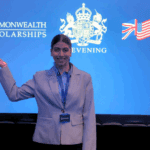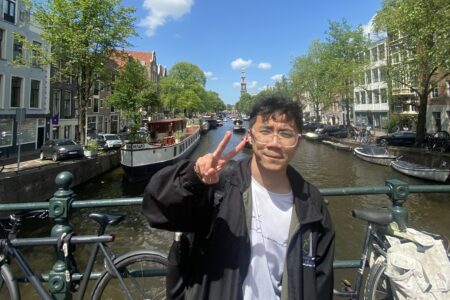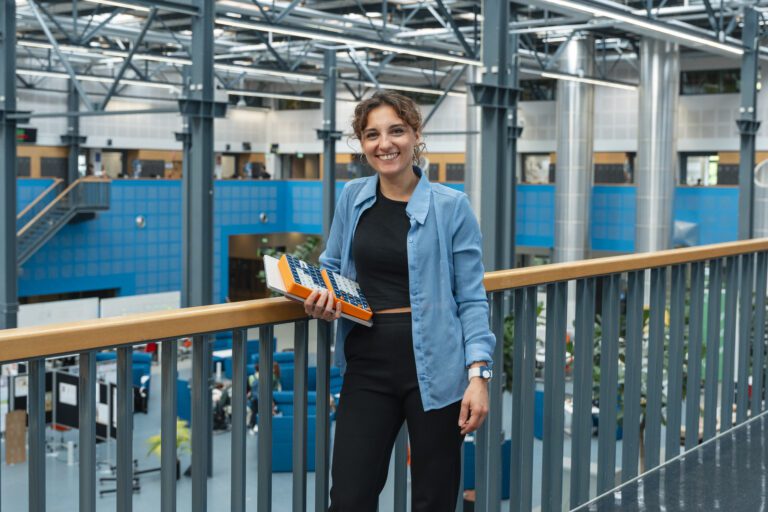
Every year for 20 years now, the James Dyson Award recognises two student inventions that use design and technology to address urgent global challenges, from environmental pollution to healthcare accessibility.
It’s a part of a wider commitment by Sir James Dyson — the founder of the British home electronics maker with his namesake — to demonstrate the power of engineers to solve the world’s problems.
This year, two Global Winners were awarded by this international competition. Filip Budny, who developed WaterSense, an AI-powered autonomous water quality monitoring system using recyclable paper, was named the Sustainability Winner.
The medical winner was Alessandra Galli, an international student at Delft University of Technology in the Netherlands doing her Master’s of Science in Integrated Product Design. Here’s what the student designed for her winning solution.
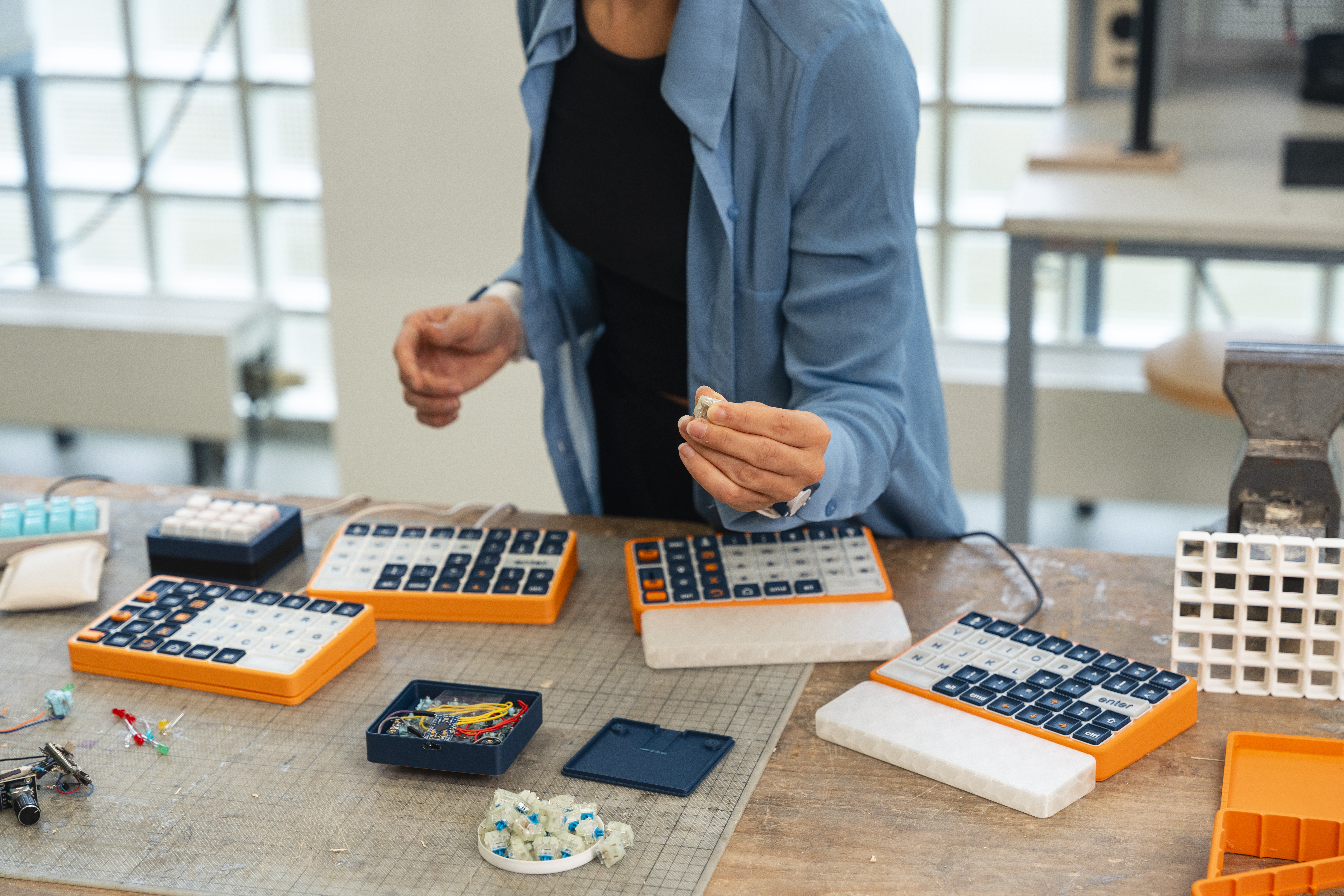
Galli’s solution is designed to be affordable as well. Source: James Dyson Award
Right on cue to help people with Parkinson’s type
Hailing from Italy, Alessandra Galli is the developer behind OnCue, a smart keyboard and wristband system that helps people with Parkinson’s type more easily through haptic and visual cues that reduce tremors and errors.
Parkinson’s disease is a progressive brain disorder that affects more than 10 million people worldwide. Symptoms commonly include tremors, freezing episodes, and bradykinesia – a condition that slows movement and impairs fine motor control. These challenges make typing on a keyboard difficult and often frustrating.
While assistive keyboards do exist, offering features such as larger keys, high-contrast colours, and split layouts, they tend to lack therapeutic cues, such as targeted vibration and visual feedback, which can address the unique motor symptoms of Parkinson’s.
An integrated product design graduate, Galli’s solution seeks to address those gaps.
OnCue does this by sending gentle vibrations through the keyboard and wristbands each time a key is pressed, helping users keep a steady typing rhythm and feel the keys better. When a key is pressed for too long, the vibration slowly intensifies, prompting the user to release and continue with the next key.
Leveraging AI, OnCue is also able to predict the next letters, lighting them up on the keyboard to provide visual prompts while preventing errors and hesitation. Inspired by gaming keyboards, OnCue features a compact, split design that reduces strain on the hands and arms. The raised key edges also help to minimise typing errors.
OnCue is designed to be compatible with most computers and laptops, connecting wirelessly via Bluetooth. It runs on a battery, lasting up to a week on a single charge.
Galli also created OnCue to be customisable, as symptoms can vary widely for each person, and even fluctuate throughout the day. Users can fine-tune the intensity of vibrations in both the keyboard and wristbands, as well as adjust the lighting system to their preference. To further promote personalisation, Galli is developing software to customise the vibration patterns further.
“For those living with Parkinson’s, typing can be a frustrating experience,” said Sir James Dyson. “Alessandra has tackled this challenge by designing OnCue.”
He elaborated, “It’s a clever and empowering solution, allowing people with Parkinson’s and other motor conditions to stay connected and communicate independently.”
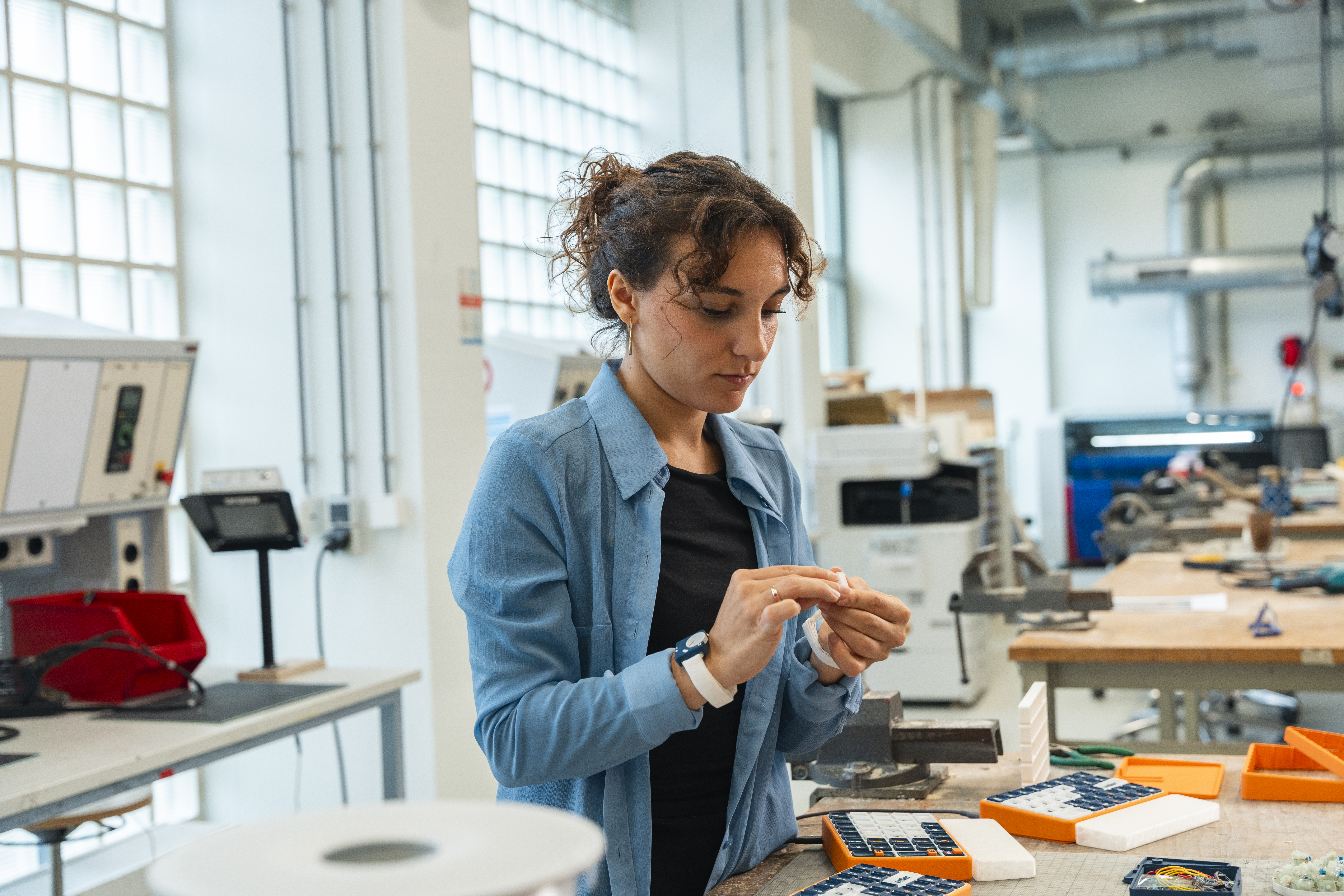
Galli previously studied at Nuova Accademia delle Belle Arti in Milan. Source: James Dyson Award
Empowering students to bring further impact
The work doesn’t stop with winning the James Dyson Award, though. With this recognition, Galli plans to continue working closely with medical professionals and people with Parkinson’s to gather feedback and further refine OnCue.
Specifically, she hopes to bring the device to market and expand its use to support people with other neurological conditions, including Alzheimer’s and dystonia.
“Winning the James Dyson Award is both an honour and a confirmation that committing to this project after graduation was the right decision,” she says. “The James Dyson Award offers not only recognition, but also a practical opportunity to move OnCue forward.”
As a winner, Galli was awarded a prize of £30,000 (US$39,374.25 at the time of writing). The prize provides significant support for completing the operational prototype for OnCue, bringing the project one step closer to reaching people with Parkinson’s.
“I am confident that this achievement will also help me expand my network and open new opportunities for OnCue,” Galli says.





